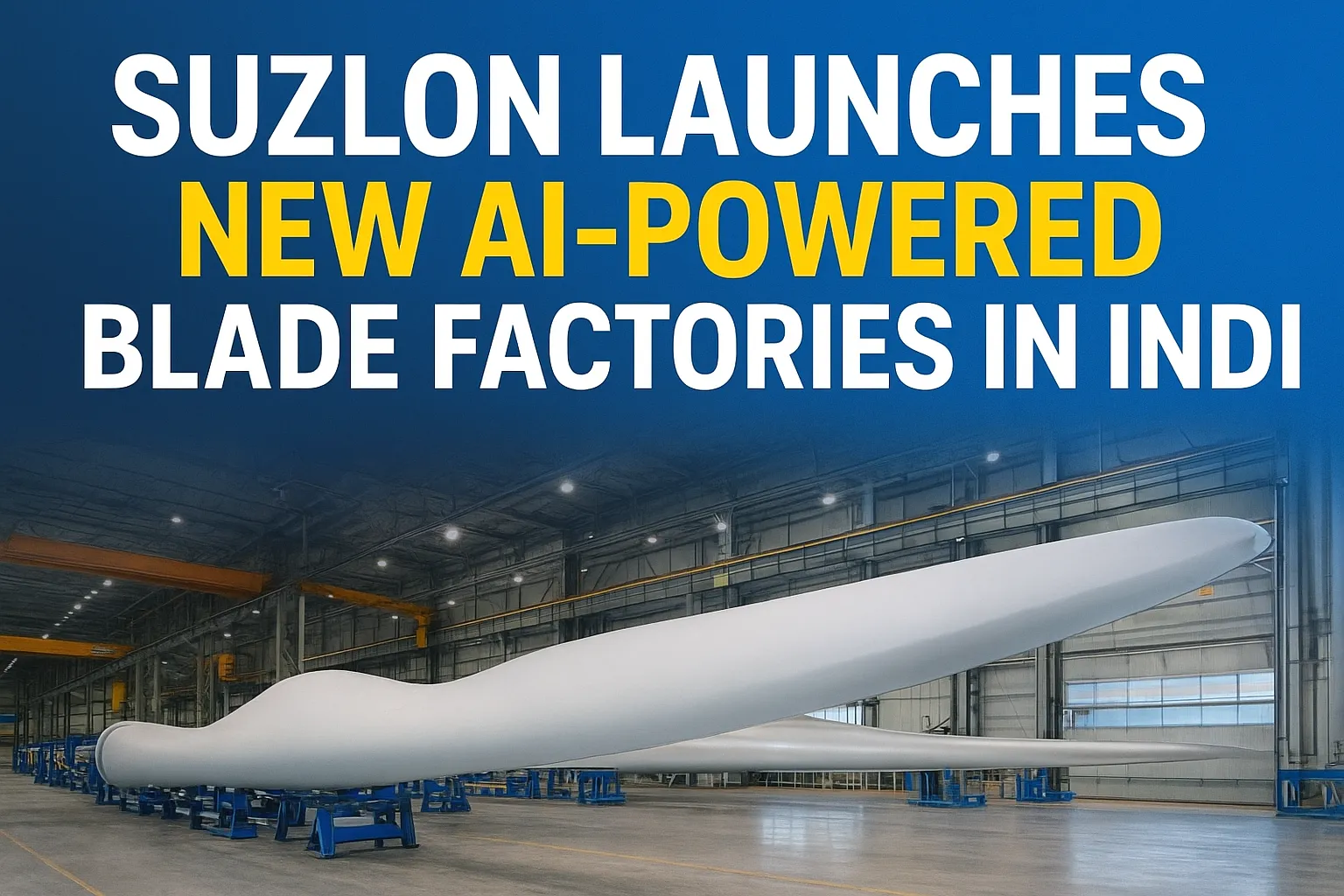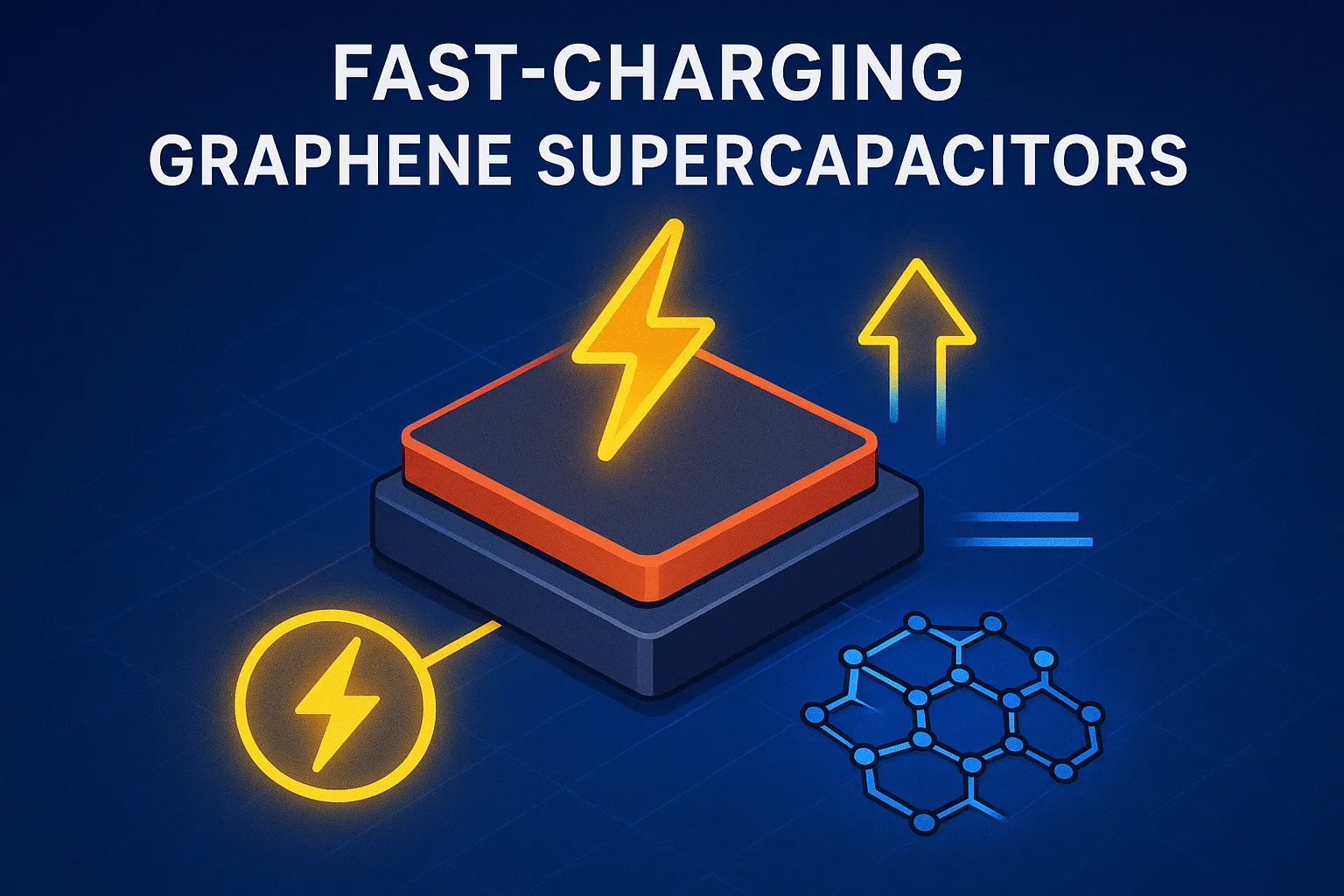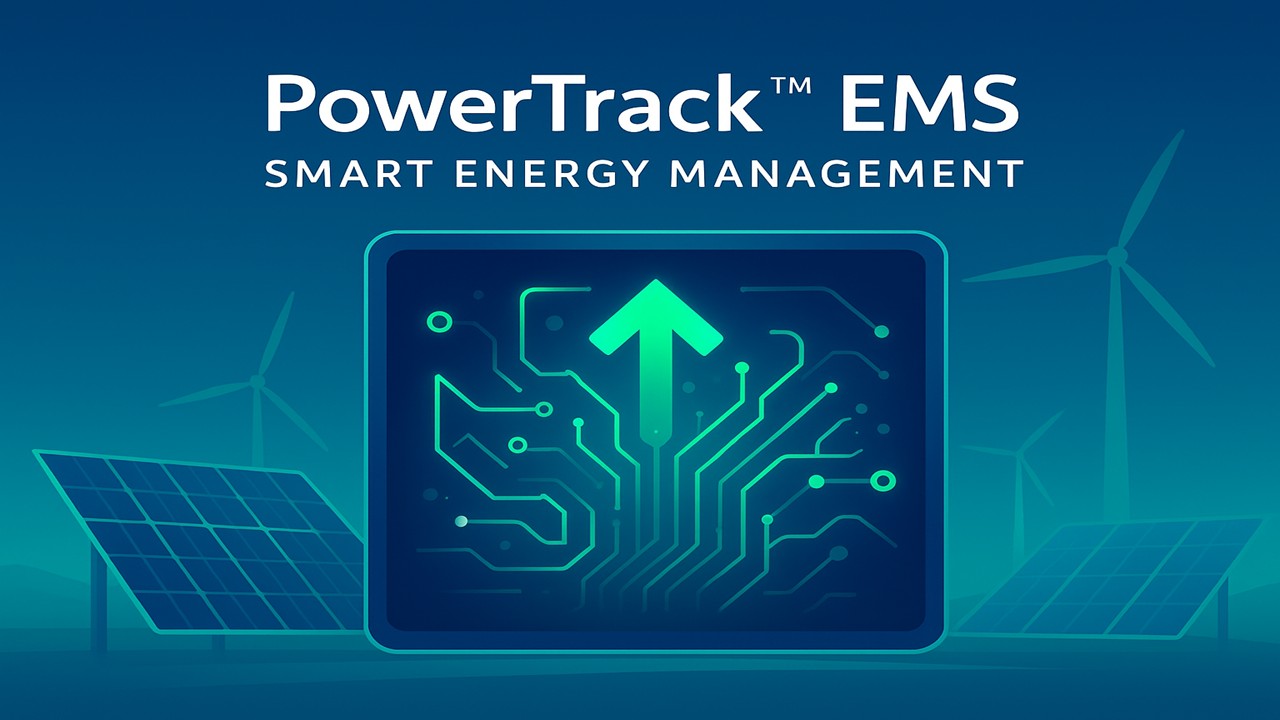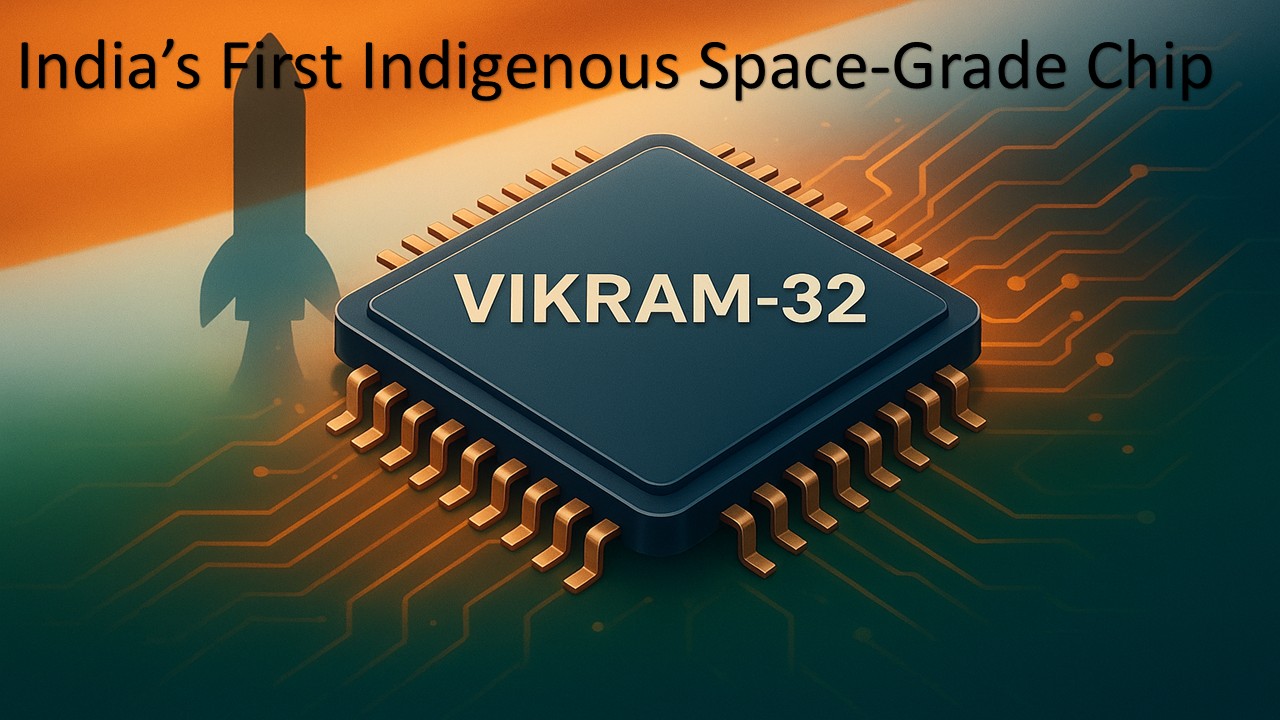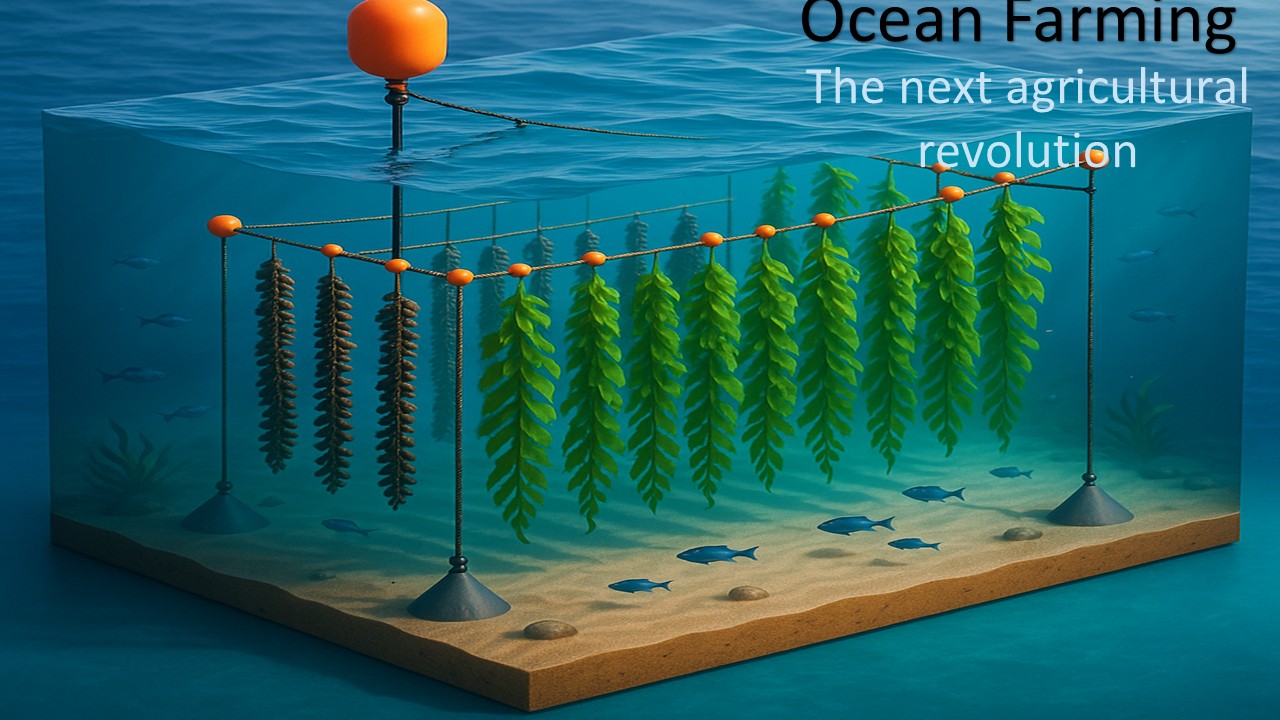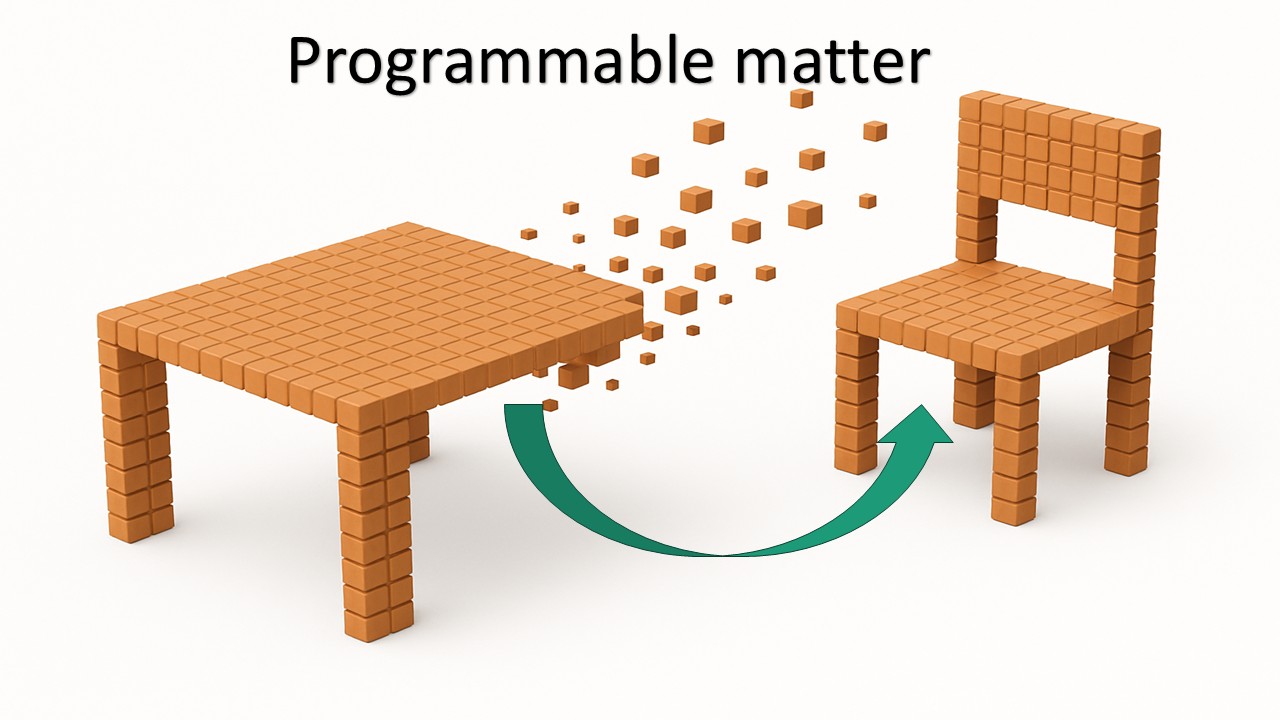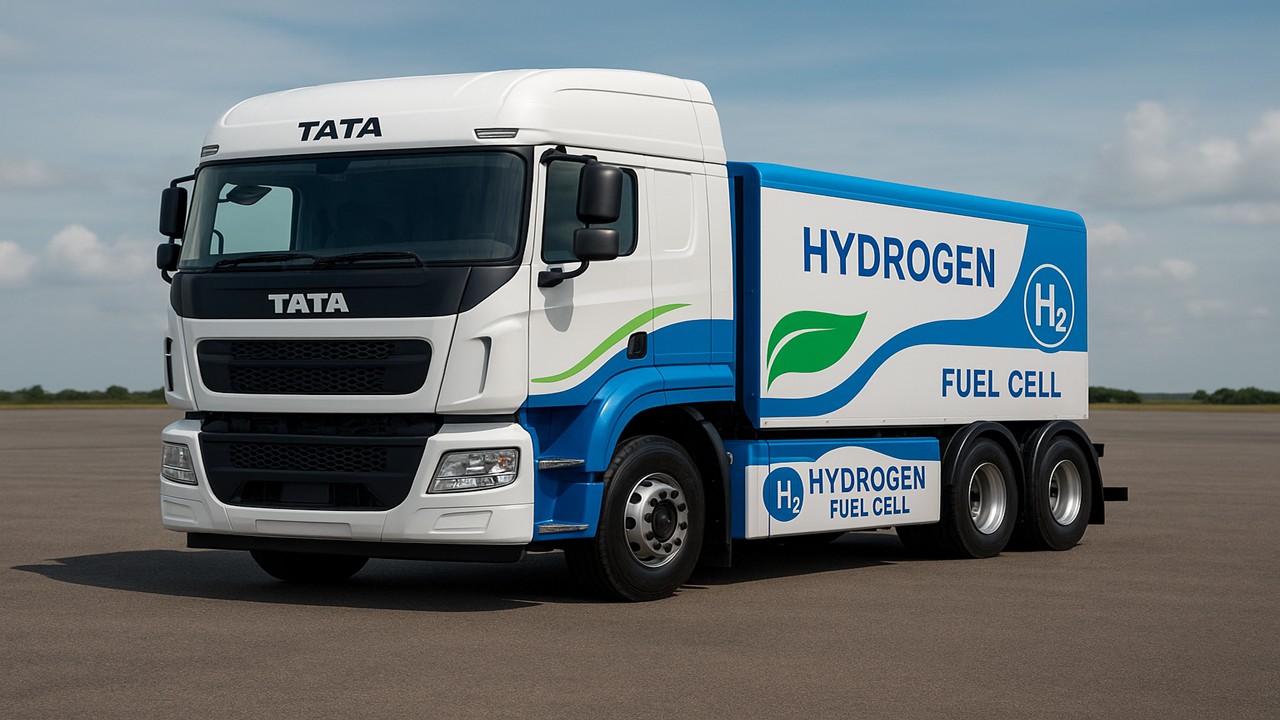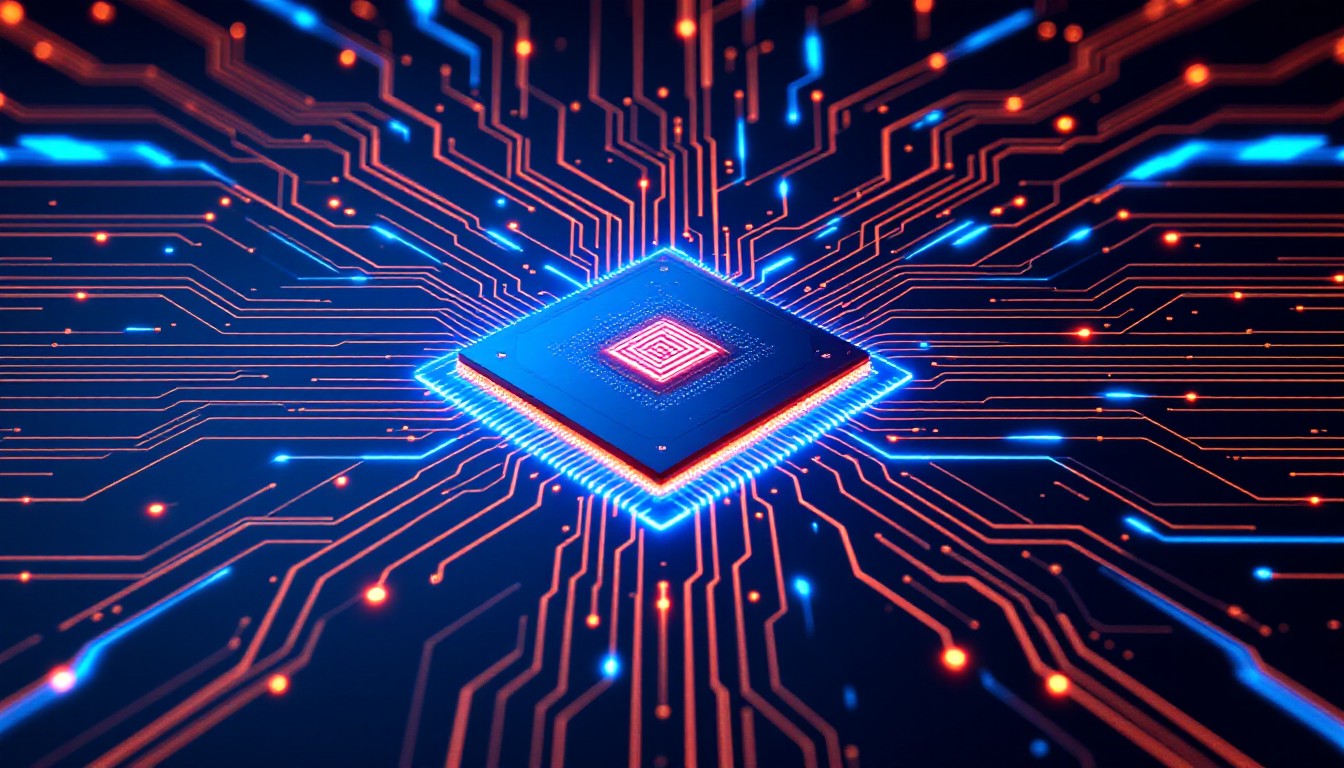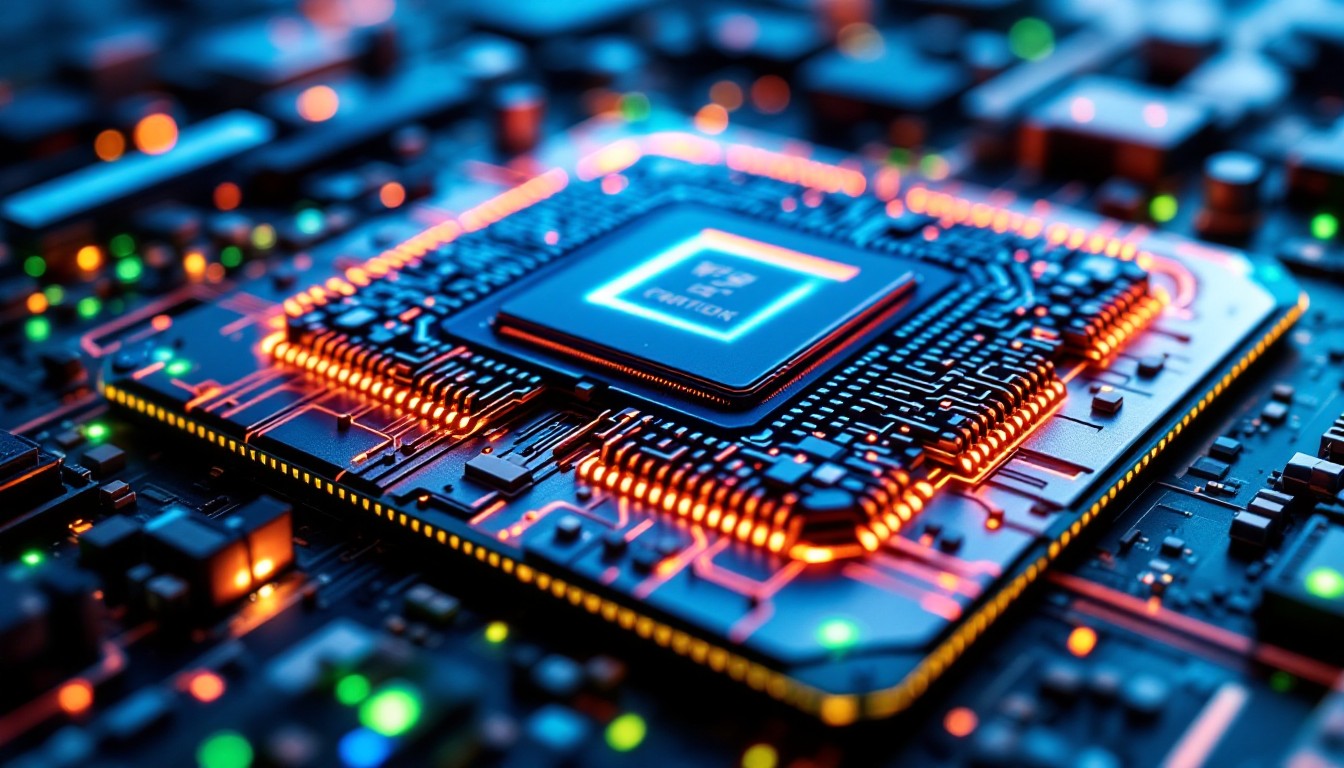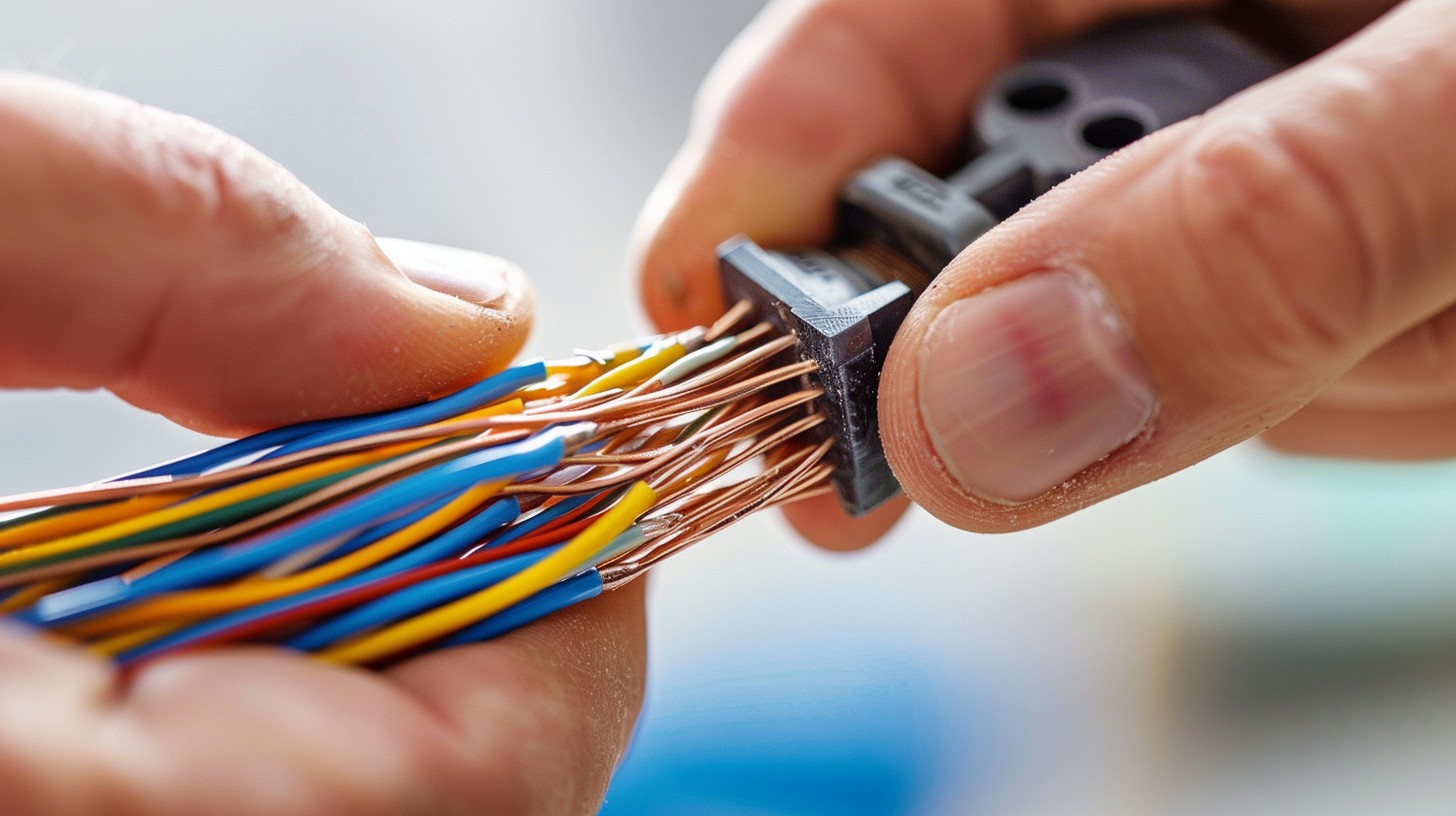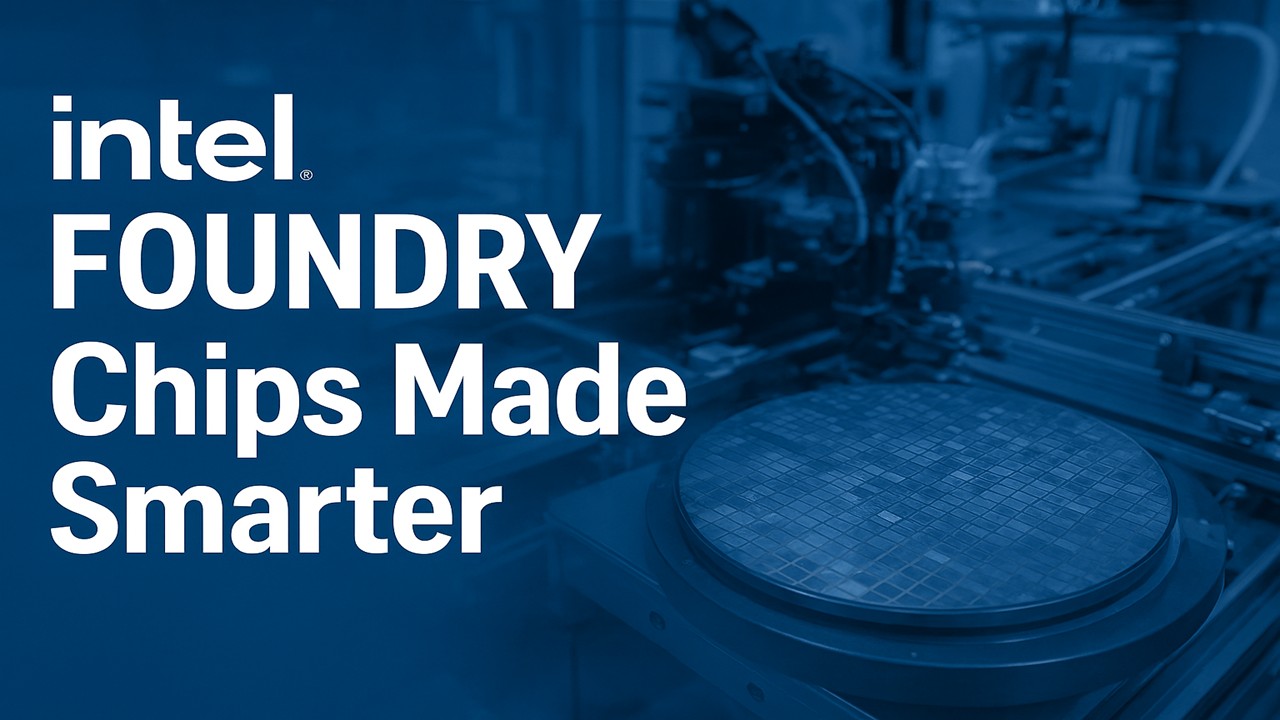
Intel Foundry is a semiconductor manufacturing service launched by Intel in 2021. Its primary goal is to help external companies manufacture high-performance chips. Initially, Intel produced chips only for itself, but now this service is available to other technology companies as well.
The purpose of Intel Foundry is to be a reliable manufacturer for AI, high-performance computing, mobile, and PC chips. Through this service, Intel not only manufactures chips but also provides a complete systems-level solution, which includes design, fabrication, packaging, and testing.
How Intel Foundry Helps Other Companies Manufacture Chips and Why ?
Intel Foundry assists other companies in several ways:
1. Chip Design Support
- Many companies have chip ideas and designs but lack high-end manufacturing facilities.
- Intel provides these companies with design validation and fabrication support.
2. Access to Advanced Process Technology
- Intel’s 18A, 14A, and 3nm nodes are highly advanced technologies.
- Small or new chip-making companies cannot develop these themselves. Intel incorporates these technologies into their chips.
3. Packaging and Testing Services
- Intel uses 2D, 2.5D, and 3D packaging techniques.
- This ensures that the chips are functional and reliable.
4. Supply Chain and Manufacturing Support
- Intel’s global manufacturing capability provides companies with support in materials, manufacturing, and delivery.
5. System-Level Solutions
- Intel not only produces chips but also provides system-on-chip (SoC) and system-of-chips solutions.
- This allows companies to launch their products efficiently and quickly in the market.
6. Companies Benefiting from Intel Foundry
- Companies like Qualcomm, Amazon, AI startups, and other technology-focused firms looking to produce high-performance chips.
- While some companies, like Qualcomm, still rely on TSMC as their primary partner, Intel is actively seeking new partnerships.
Key Features of Intel Foundry
Process Technology
- Intel uses the latest technologies such as Intel 18A, 14A, and 3nm.
- These technologies offer high performance and energy efficiency.
Advanced Packaging and Testing
- Intel is a leader in 2D, 2.5D, and 3D packaging technologies.
- This enhances the functionality and communication efficiency of chips.
Systems Foundry Approach
- Intel provides a complete systems-level solution rather than just manufacturing chips.
- This includes chip design, packaging, and testing.
Current Status of Intel Foundry
- Financial Status: Intel’s Foundry division reported a $13 billion loss last year.
- Customer Relations: The CEO of Qualcomm stated that Intel’s current technology does not fully meet Qualcomm’s standards.
- Future Direction: Intel has identified 2026 as a pivotal year, planning new technologies and partnerships.
Benefits of Intel Foundry
- High-Performance Chips: Intel provides high-performance chips using the latest technologies.
- Complete Solutions: Intel offers a full solution from chip design to testing.
- Reliable Supply Chain: Intel’s global manufacturing capability ensures a trustworthy supply chain.
Challenges for Intel Foundry
- Financial Loss: $13 billion loss reported last year.
- Customer Confidence: Some major companies are not fully confident in Intel’s technology.
- Technical Challenges: Intel faces high defect rates in 18A technology.
Future Outlook
- Intel considers 2026 a pivotal year for its Foundry strategy.
- New technologies, including the 14A node, are planned.
- Intel is seeking new partnerships to expand its Foundry services.








